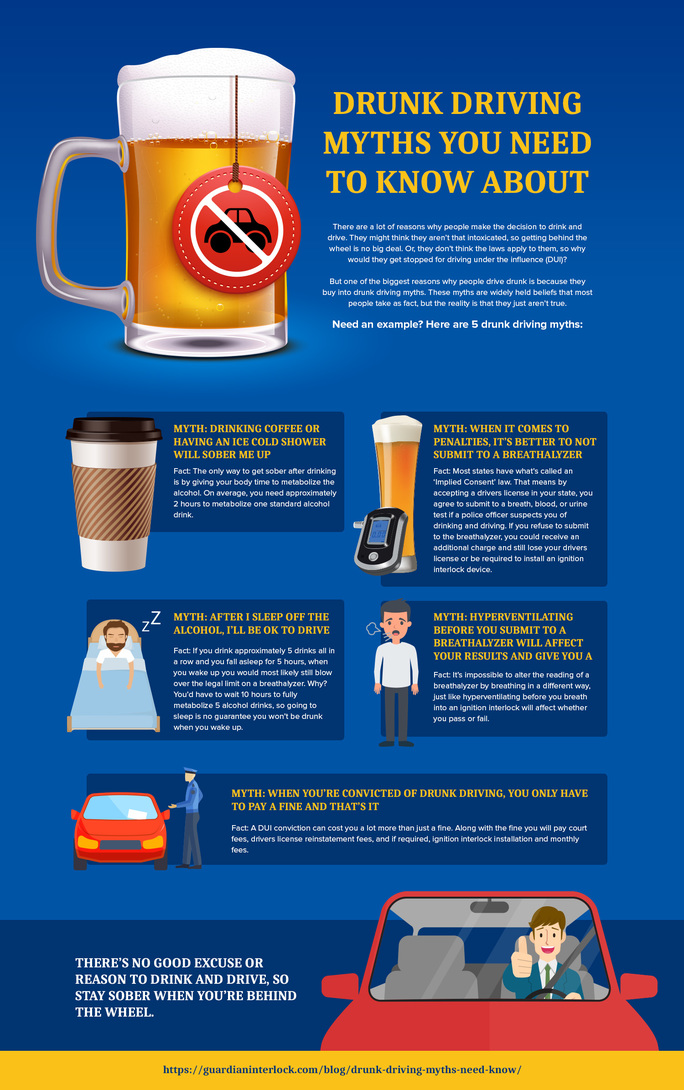Are you sure you know how many beers it takes to feel drunk? Let’s dive into the facts and findings.

Image courtesy of Anete Lusina via Pexels
Table of Contents
Have you ever found yourself pondering the age-old question of how many beers it takes to get drunk? While there is no one-size-fits-all answer to this query, the science behind alcohol metabolism and intoxication levels can shed some light on this intriguing topic.
Understanding Alcohol Metabolism
Alcohol metabolism is a complex process that occurs in the body once alcohol is consumed. When you drink a beer, the alcohol is absorbed into the bloodstream through the stomach and intestines before being broken down by the liver. The rate at which alcohol is metabolized can vary depending on factors such as age, weight, and gender.
Individual Tolerance Levels
Each person’s tolerance to alcohol is unique and can be influenced by a variety of factors. Genetics play a significant role in determining how well an individual can handle alcohol, as well as their drinking habits and overall health. Some people may have a higher tolerance due to regular alcohol consumption, while others may feel the effects of alcohol more quickly with less consumption.
Influencing Factors on Intoxication
Several factors can impact how drunk someone gets after consuming alcohol. For example, eating a meal before drinking can slow down alcohol absorption and lessen its effects. Staying hydrated and pacing your drinking can also help mitigate intoxication levels. Additionally, the alcohol content of the beverages consumed plays a significant role in how quickly someone becomes intoxicated.

Image courtesy of via Google Images
It’s important to understand that alcohol affects each individual differently, and there is no set number of beers that will lead to intoxication for everyone. Responsible drinking involves knowing your own limits and being mindful of the factors that can influence intoxication. By being aware of how alcohol metabolism works, understanding your tolerance levels, and considering the influencing factors on intoxication, you can make informed decisions when consuming alcoholic beverages.
Conclusion
Next time you find yourself wondering how many beers it takes to get drunk, remember that the answer is not as straightforward as you might think. By delving into the science behind alcohol metabolism and understanding the various factors that influence intoxication levels, you can gain a clearer understanding of your own limits and make responsible choices when it comes to drinking alcohol. Cheers to enjoying your favorite beverages in a safe and informed manner!
How does alcohol metabolism differ between individuals?
Alcohol metabolism varies based on factors like age, weight, and genetics. Some individuals metabolize alcohol more quickly or efficiently than others, affecting how intoxicated they feel after consuming the same amount of alcohol.
Can food impact how drunk someone gets?
Eating before drinking can slow alcohol absorption, reducing its effects. A meal can help mitigate intoxication levels by delaying the alcohol’s entry into the bloodstream.
What role does hydration play in alcohol consumption?
Staying hydrated while drinking can help maintain a lower blood alcohol concentration and reduce the risk of intoxication. Hydration can also lessen the negative effects of alcohol on the body.
Is there a specific number of beers that will make everyone drunk?
No, alcohol affects individuals differently, making it impossible to pinpoint a universal number of beers that will lead to intoxication. Factors like tolerance levels, metabolism, and influencing variables play a significant role in determining how drunk someone gets.
Powered by Texta.ai Blog Automation
Leave a Reply